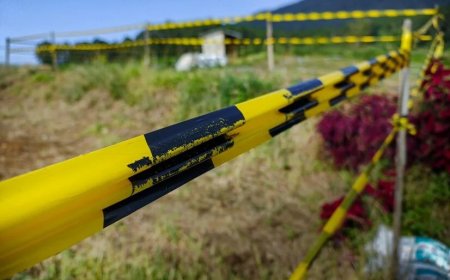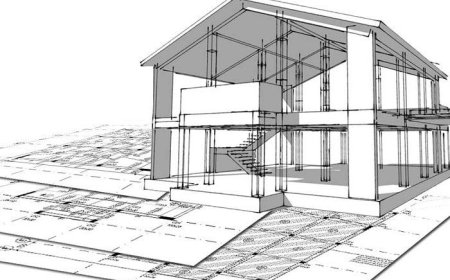Secrets to Winning More Construction Bids

Introduction
Construction bidding is one of the most critical parts of running a successful construction business. It sets the foundation for future work, determines revenue, and shapes a companys reputation. While bidding is often competitive, companies that prepare well and follow a clear process tend to stand out. A well prepared bid estimate in construction not only reflects accurate costs but also builds trust with clients and sets the tone for a successful project. This guide explains how contractors can improve their chances of winning bids by focusing on strategy, accuracy, and communication.
Know the Project Scope in Detail
Before submitting a bid, it is necessary to understand the full scope of work. Reading all the plans, specifications, and requirements helps avoid missing important parts of the project. Mistakes at this stage can lead to incorrect estimates, which could affect both the profit margin and project success. According to the Construction Industry Institute, up to 30% of construction cost overruns come from errors made during the estimating stage. Taking the time to carefully study each project reduces the risk of these mistakes.
Create Clear and Realistic Estimates
A bid must reflect the true cost of labor, materials, equipment, permits, overhead, and potential risks. Each element should be clearly outlined and justified. Overpricing can push clients away, while underpricing may lead to losses. A well documented estimate builds trust. Clients and general contractors are more likely to choose a bidder who presents a clear breakdown of costs and demonstrates knowledge of current market prices.
Use Historical Data and Industry Standards
Past projects provide valuable insights. Reviewing completed jobs with similar scopes helps identify how long tasks took, which suppliers delivered on time, and which methods were most effective. Industry databases such as RSMeans can also support more accurate labor and material costs. Using facts rather than guesses improves bid accuracy. Contractors who do this build a more stable track record.
Focus on Clear Communication
Clear communication during the bidding phase shows that a contractor is organized and reliable. This means responding to questions on time, asking for clarification when needed, and presenting the bid in a professional format. Including a short cover letter that highlights the contractors understanding of the job, timeline, and readiness to deliver can help build confidence with the project owner.
Avoid Overcommitting
Some contractors try to win every job. This approach can lead to delays, poor workmanship, and strained relationships. It is better to focus on projects that match the companys strengths, location, and capacity. Choosing the right jobs also helps with resource planning. Submitting fewer bids with stronger preparation often leads to better outcomes than chasing every opportunity.
Showcase Past Experience
Including relevant past work in the bid helps show real-world capability. Photos, timelines, and cost comparisons can support the estimate. This gives clients more confidence in selecting a contractor. Make sure to only include jobs that relate closely to the current project. A kitchen remodel does not help win a school construction bid. Keep the examples relevant.
Build Relationships Over Time
Bidding is not only about numbers. Many decisions are based on trust. Showing up consistently, being honest, and treating all parties with respect builds a good name in the industry. This reputation can lead to being invited to more bids or even negotiated contracts. The more relationships a contractor builds, the more likely they are to win repeat work or be recommended to others.
One Example of Support in Estimating
For contractors who want to sharpen their estimating and improve bid quality, working with professional estimators can make a difference. ProEstimatrix, a construction estimating firm, helps builders prepare detailed and organized project cost estimation that aligns with real market conditions. This type of support allows contractors to focus on field work while knowing their bids are backed by data. Many small and mid-sized contractors have been able to bid on more jobs and land work they previously struggled to win by using such services.
Follow Up After Submitting a Bid
Once a bid is submitted, it is helpful to follow up. Asking if the client has questions or needs clarification keeps the door open for discussion. It also shows that the contractor remains interested. Some contractors lose bids not because their price was wrong, but because they did not stay engaged after the bid was submitted.
Conclusion
Winning more construction bids does not come from luck. It takes planning, accurate estimating, and clear communication. Contractors who take time to know the project, choose the right jobs, and build strong relationships tend to win more often. Staying focused on quality and using the tools and support available in the industry gives them a better chance at long term success.


































